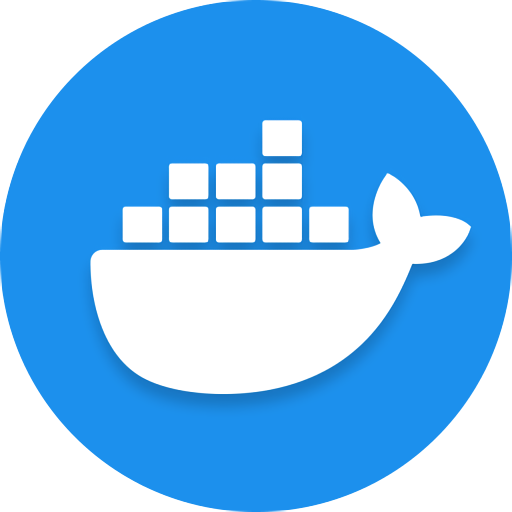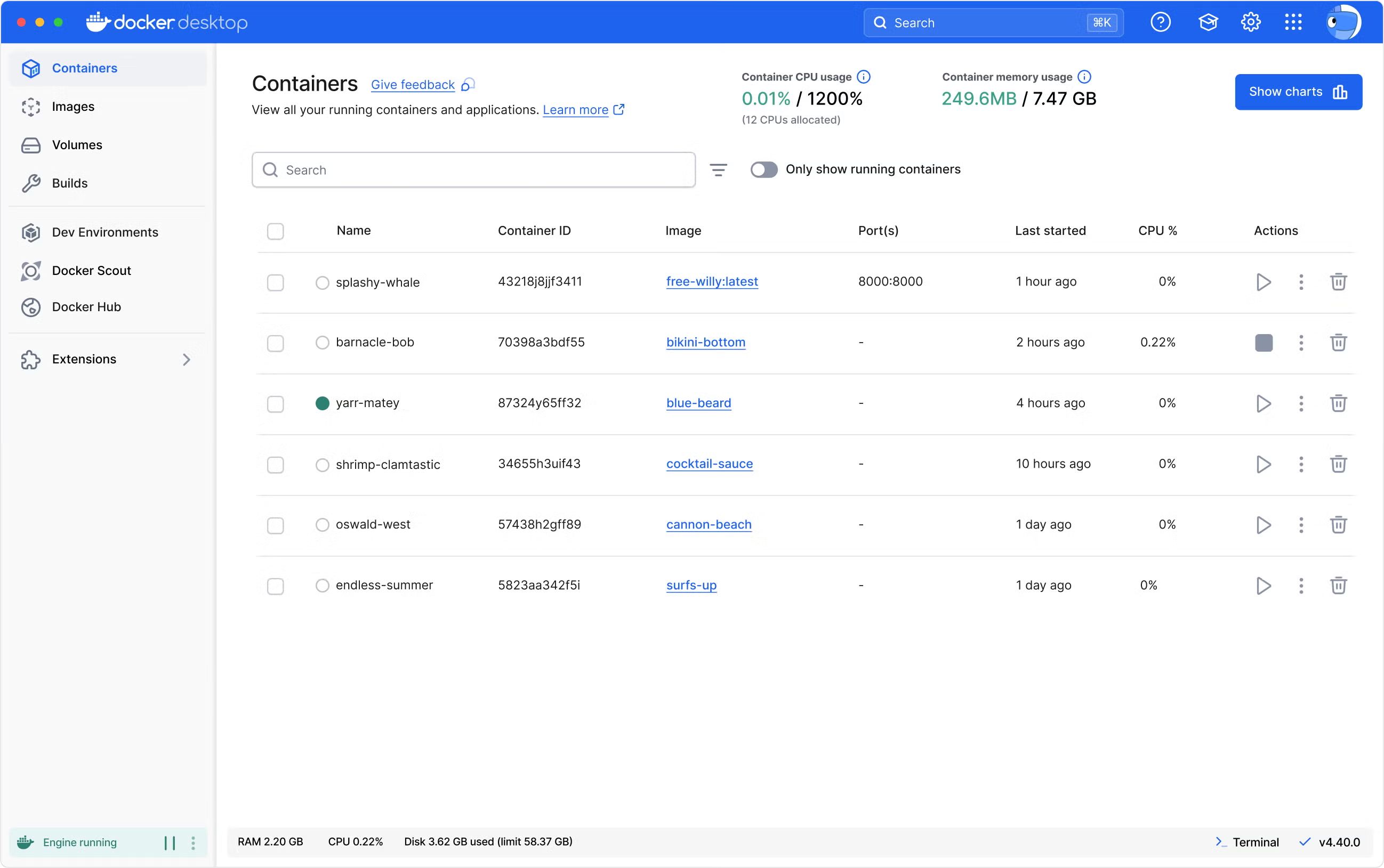Docker Desktop enhances your development experience by offering a powerful, user-friendly platform for container management. Fully integrated with your development tools, it simplifies container deployment and accelerates your workflow efficiency.
Does Docker Desktop work fully offline?
Yes, you can build and run containers offline once Docker Desktop is installed. However, features like Docker Hub image pulls, update checks, BuildKit, Kubernetes images, in-app diagnostics, and cloud-based features are unavailable without internet access
Do I need Docker Desktop to use Docker?
No, You can install and use the Docker Engine and CLI directly without Docker Desktop, especially on Linux. Docker Desktop simply bundles everything into one easy-to-use package with a graphical interface and extra tools.
Does Docker Desktop include Kubernetes?
Yes, Docker Desktop comes with an optional local Kubernetes cluster, which you can enable for testing and development purposes directly from the settings menu.
What's the difference between Docker Desktop and Docker Engine?
Docker Engine is the core container runtime (daemon, API, CLI), while Docker Desktop bundles that engine inside a lightweight virtual machine (Hyper-V, WSL2, or qemu/KVM depending on OS) and provides a GUI, Kubernetes support, and additional tools – even though commands you issue in the terminal still go to the Docker Engine running inside the VM.
Can I run Docker Desktop without WSL on Windows?
Yes, Docker Desktop can use Hyper-V instead of WSL2 to host a utility VM for Linux containers, which means it still works even if WSL2 isn't permitted – though startup is usually slower than with WSL2
Is Docker Desktop suitable for production or long-running container workflows?
It's designed for development workflows, not production. Running it continuously or using it for always-on services has resulted in state issues and container startup failures following reboots, according to multiple user reports.
Is Docker Desktop free to use?
Docker Desktop is free for personal use, education, and small businesses (fewer than 250 employees and under $10 million in revenue).
Features
Powerful container runtime
The Docker Engine powers your containerized applications with high performance and reliability. It provides the core technology for building and running containers, ensuring efficient and scalable operations.
Flexible command-line interface
The Docker CLI offers a robust command-line tool for precise control over your containers. Execute complex commands, automate tasks, and integrate Docker seamlessly into your workflows.
Streamlined multi-container management
Docker Compose simplifies the process of managing multi-container applications. Define and run complex setups with a single configuration file, making it easier to deploy and scale your applications.
Simplified container building
Docker Build is a powerful tool within Docker Desktop that simplifies the process of creating container images. It enables you to package and build your code to ship it anywhere while integrating seamlessly into your development pipeline.
Built-in container orchestration
Docker Kubernetes provides built-in Kubernetes support within Docker Desktop, allowing you to orchestrate and manage containers efficiently. Supporting both multi-node clusters and developer-selected versions, Docker Kubernetes simplifies deploying, scaling, testing, and managing containerized applications locally without needing an external cluster.
Effective data management
Docker Volumes provides a robust solution for managing and sharing container data. This feature allows you to easily and securely manage volumes for backup, sharing, or migration purposes, enhancing data management and portability.
Seamless data synchronization
Synchronized File Shares enable real-time sharing and synchronization of files between your host and containers. This feature ensures that file updates are instantly reflect on the host and container, improving collaboration and consistency.
Advanced troubleshooting tools
Docker Debug provides comprehensive tools for diagnosing and resolving issues within your containers and images. This CLI command lets you create and work with slim containers that would otherwise be difficult to debug.
Enhanced container isolation
Hardened Docker Desktop includes advanced security features to safeguard your development environment. With enhanced container isolation, registry and image access management, and compliance with industry standard, you can confidently build and deploy secure applications.
Virtual desktop integration
VDI Support allows Docker to seamlessly integrate with virtual desktop infrastructure (VDI) environments. This feature ensures that Docker runs smoothly on virtualized desktops, providing a consistent experience regardless of where you access your containers.
Custom extensions for your needs
The Docker Private Extensions Marketplace offers a curated selection of extensions tailored to your specific requirements. Customize and enhance your Docker environment with specialized tools and integrations available exclusively through the marketplace.


